Sustainable development was first aroused the concern of many in the United Nations Conference on Environment and Development held in Rio de Janeiro in 1992. The objective of the summit is to sketch plans and strategies to combat the problems of environmental degradation addressed in the Brundtland Report (Our common future). In the report, sustainable development is defined as:
“Development which meets the needs of the present without compromising the ability of future generations to meet their own needs”.
The idea of sustainable development can be illustrated by the chart below.
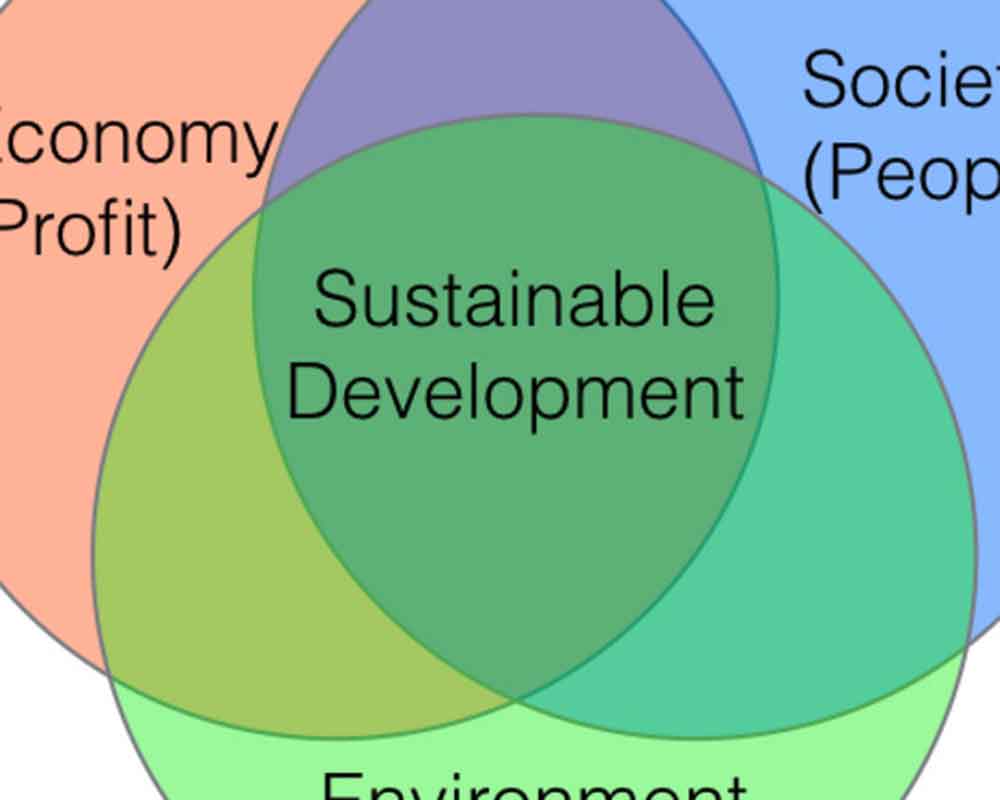
Sustainability is achieved when the three domains (environment, economic and society) are accomplished simultaneously. The objective of each domains are:
Environment: Maintaining the earth’s life-support system.
Society: Maintaining community capacity that fosters effective participation and equitable
treatment of all stakeholder.
Economy: Maintaining an economic system that provides a non-declining standard of living
for this and future generation.
Now you might think that sustainable development is a decision to be made by the government and you have nothing to do with it. Many of us have underestimated on what we could have done. In fact, we can bring the sustainable thinking into our daily life with just consider on the PPPs´ aspect every time we need to make a decision.
PPPs:
Planet – Does the decision cause any environmental impact?
People – Does the decision meet your needs? Does it benefits others and the communities?
Profit – Does the decision benefit your finance?
In fact, most of our decisions are related to our daily needs which are food and daily supplies. The trick is break down the lifecycle of a product and think about where does it come from, where it is manufactured and what happens when it became waste.
Salonen and Åhlberg (2011) suggested six approaches to take sustainability thinking into daily life.
Life cycle approach.
Prefer durable and long-lasting products and extend the life span by repairing. Achieving buy less in this approach.
Prefer organic food.
No synthetic chemical is involved during the production. Less negative impacts on soil, underground water and ecosystem. It is good for our health too!
Support and strengthen local business.
Reduce dependence on global economy, the trades are comparatively more transparent and fair. Besides, less energy is being consumed during the process of transporting products.
Prefer eco-efficient products.
Products which utilize minimum of resources (water, energy and raw materials).
Being a part of the community.
Social participation which binding one and other, benefits the environment, one´s physical and mental health.
Shifting from materialistic to post-materialistic.
Transition from “having” to “being” and “doing”. Prioritizes services such as public sport facility, park, library, maintenance, repair and rental services.
The outcomes of these actions are significant:
• Minimize the environmental impacts at the same time maintain condition of life.
• Promote equality as all of us share a common future.
• Increase public facilities and generate jobs.
• Promote social inclusion and develop healthy communities.
If we review the outcomes with the objectives of sustainable development, we can see that the objectives are met. Many of us underestimate the impact of our action can do to the environment. There is a proverb in Malay language: “Sedikit-sedikit lama-lama jadi bukit” which literally means even though it’s a small amount, bit by bit it will accumulate into a mountain. This proverb not only can illustrate the current circumstance where the waste and pollution are accumulating but also illustrates that together we can make a better world. Join us, your action have an impact!
Find out more about sustainability in everyday life in this online course
Reference:
Salonen, Arto O., and Mauri Åhlberg. «Sustainability In Everyday Life: Integrating Environmental, Social, And Economic Goals». Sustainability: The Journal of Record 4.3 (2011): 134-142. Web.
Lim Shuang Ao
Major in Environment and Sustainable Development, in the Hong Kong Polytechnic University
Intern at Fundación Vida Sostenible

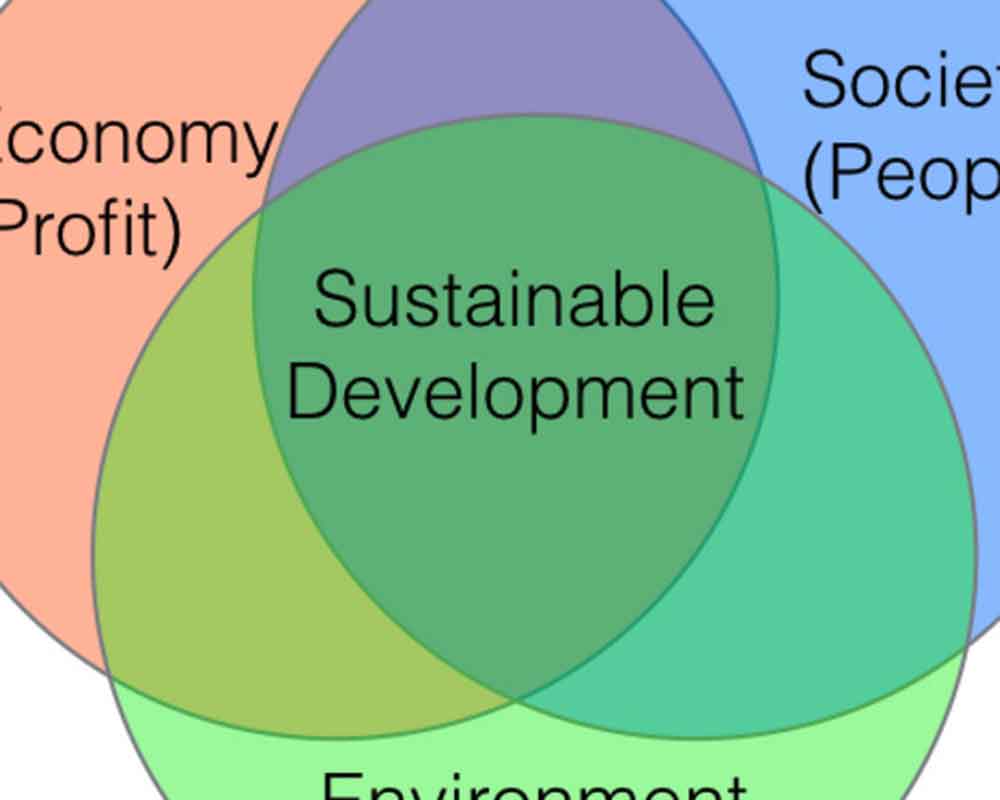
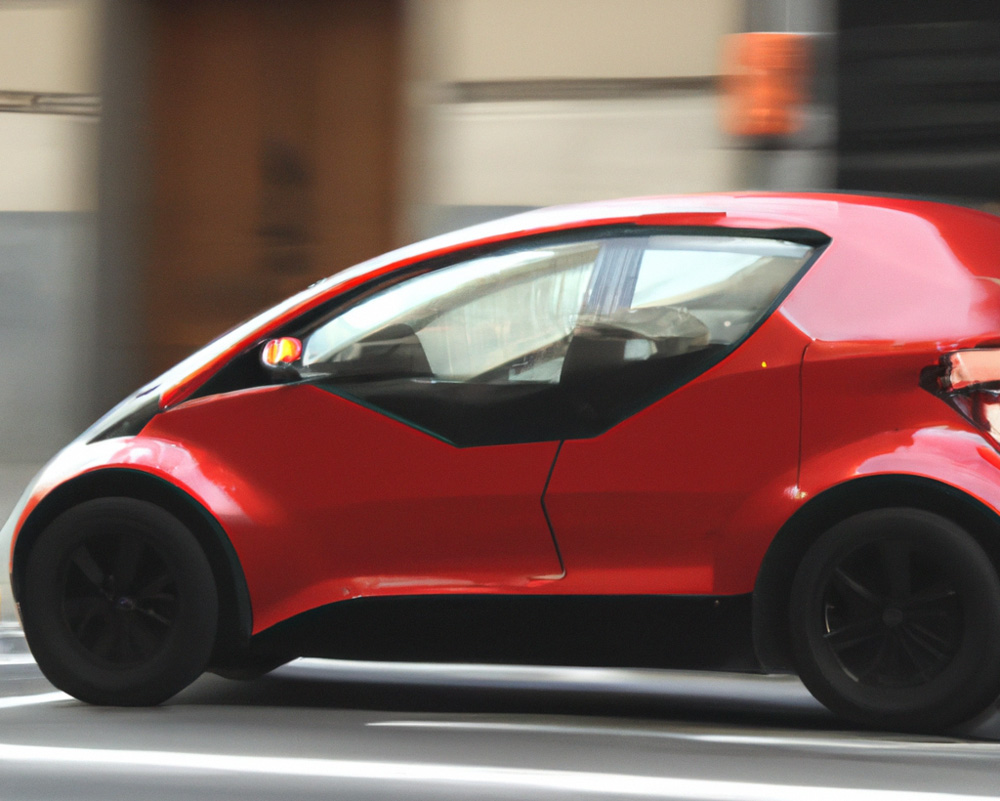

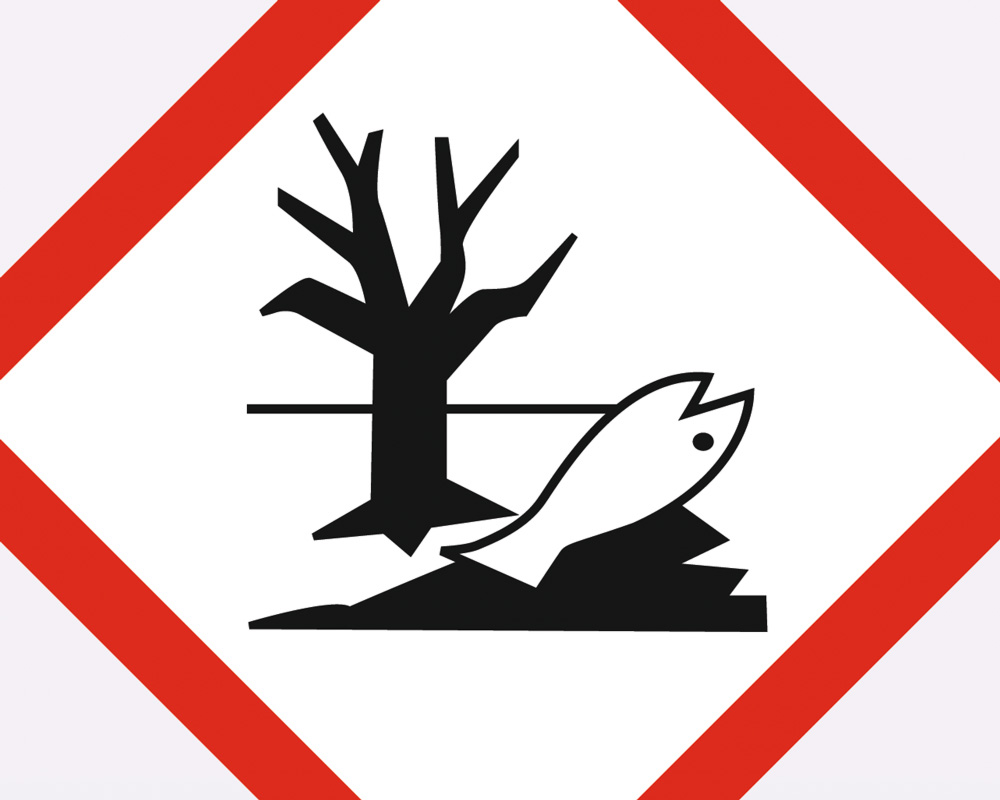
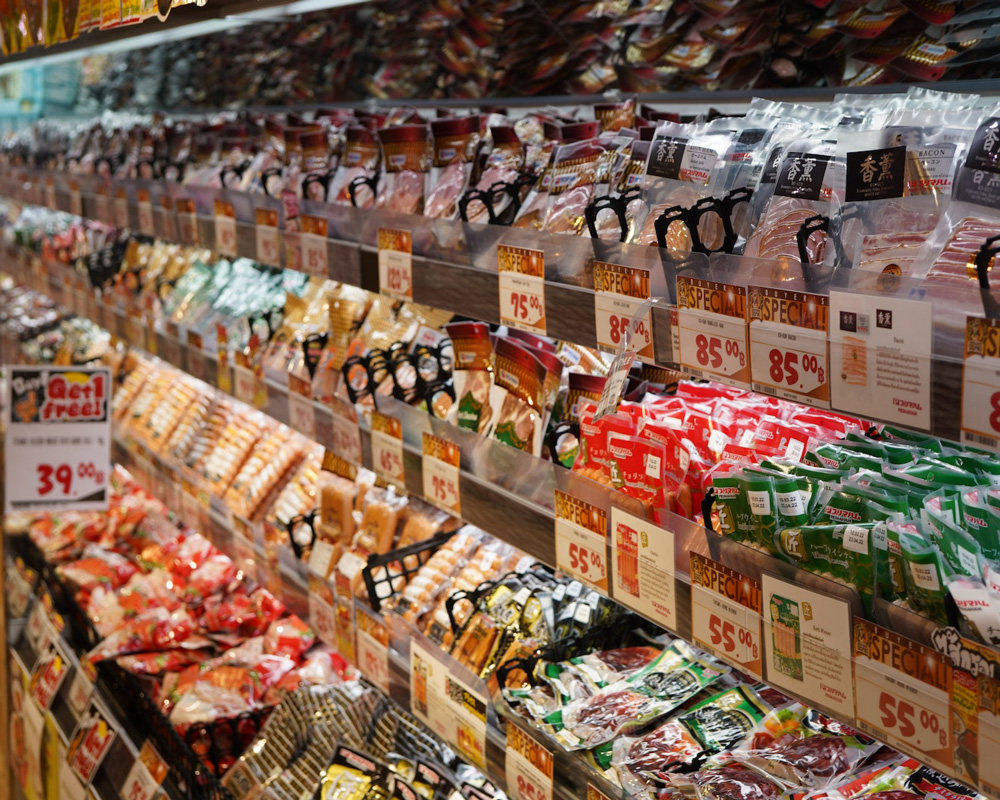
Deja tu comentario
Debe iniciar sesión para escribir un comentario.